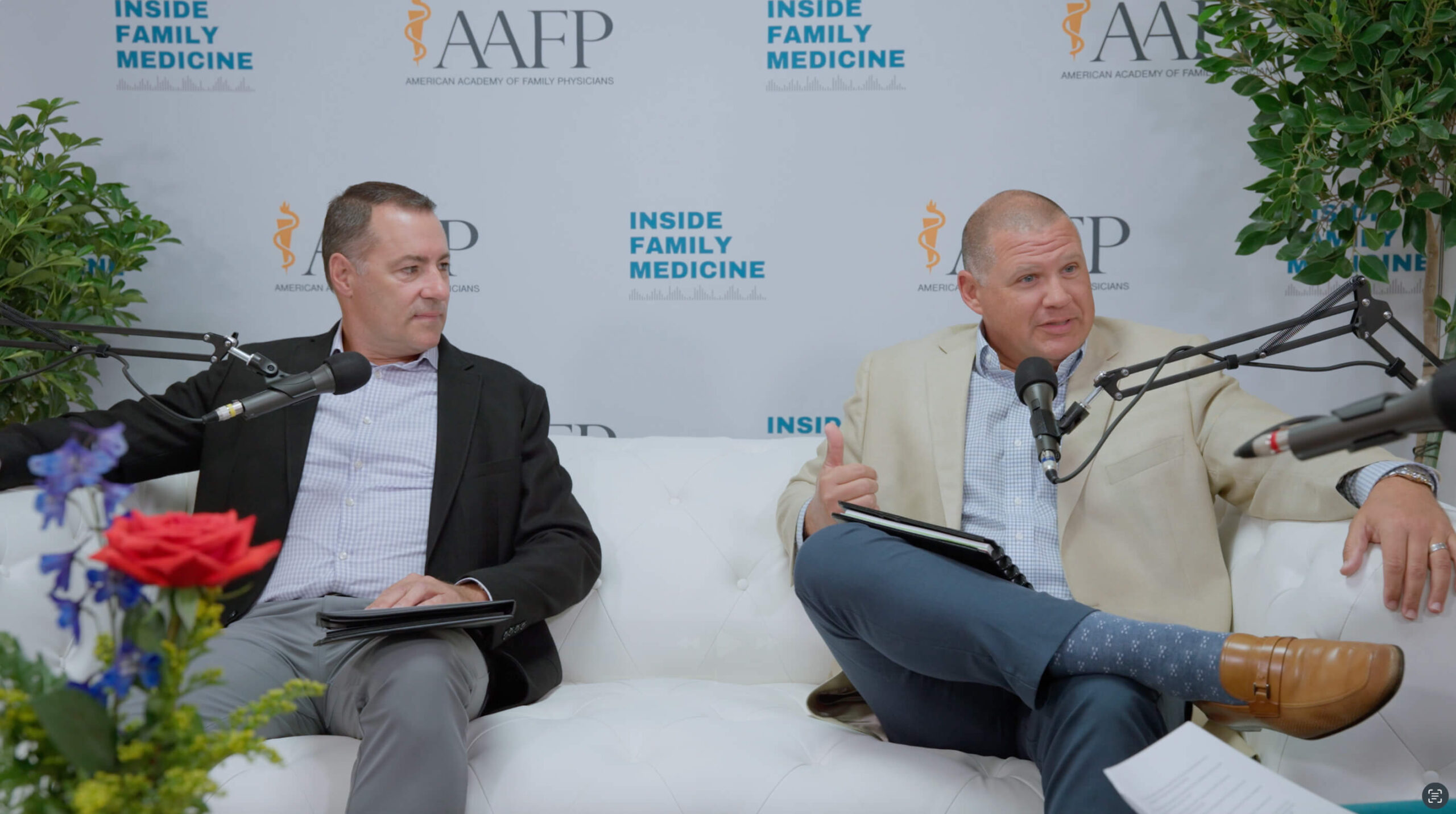First, let’s say you are married, and you predecease your spouse. Your surviving spouse may face not just years alone, but decades. Will the financial model you are operating under today be effective to assure his/her financial security decades into the future?
Or, you are married, but you end up as the surviving spouse. Not only do you lose your partner, but unless your finances are arranged properly, you could also lose your financial security. Especially if you are a woman (and more likely to be the survivor), you need to have a fairly specific what-if conversation with your spouse.
Finally, let’s say you are simply single… have been for decades, and like it that way. Nonetheless, the research shows that singles are at a greater risk of not having saved enough for their own retirement. Plus, you are less likely than your married friends to have put together a financial strategy. Most of all, as you get older, the probability diminishes that you will be able to live alone. Absent relatively low cost at-home health care provided by a family member, your cost-of-living could rise above that of your married counterparts.Three options you should consider, regardless of your present situation:
1. Send money ahead for retirement. Take full advantage of your employer-provided retirement plans, especially if there are 401(k) matching funds. This is a fantastic way to accumulate money for retirement for you alone or to provide for your surviving spouse. Other options include IRAs, as well as individual annuities.
The math is exciting. Imagine that you are 35 years old and start saving with a $10,000 lump-sum contribution into a retirement account. Then, each year, you add $10,000 (that averages out to $833.33 per month). You plan to retire and begin tapping that money when you are 65, which gives you 30 years to build up assets for you (and your spouse). If that money earns, on average, a modest 4% return, compounded monthly, you will have just under $620,000 at age 65. (At 5% annual return, your total at age 65 will be nearly $755,000.) If you are saving for yourself alone, those assets are your personal retirement security. However, those assets are your spouse’s retirement security if you anticipate that she/he will outlive you. A nice gift — sent ahead, so to speak — for either or both of you.
2. Get long-term care insurance. As a doctor, you see how a major illness can gut a family’s finances. If you are a single, your heirs may be deprived of an intended inheritance. If you are married, your long-term illness could condemn your partner to life-long financial hardship. According to long-term care research, nearly two-thirds of men and women over age 65 will need long term care at home or through adult day health care, or care in an assisted living facility or nursing home. As for the cost of care, though averages vary widely by region of the country, assisted living expenses average $3,261 a month, and a semi-private nursing home room runs $193 per day, or nearly $70,500 a year. A quality long-term care insurance plan can help make sure that the costs do not devastate either your or your loved one’s retirement nest egg.
3. Apply for disability income insurance. Long-Term Care coverage is generally thought of as a tool to pay for care in your retirement years. Disability insurance, on the other hand, is designed to replace your income if you become totally disabled during your working years. Just imagine the financial consequences of a long term disability during your working career: First, your income stops, which can jeopardize your lifestyle and that of your spouse and children. Just as important, your disability is likely to disrupt the accumulation of assets you set aside for the future. In fact, you may be forced to tap retirement assets. (If so, the good news is that you can do so without tax penalties if you are totally disabled. The bad news is that you and/or your spouse may end up with reduced assets for retirement security.)Recommendation: Recognize that no one is guaranteed an endless stream of good health or hefty investment returns. Well rounded portfolios include both wealth accumulation products (investments) and wealth protection products (insurance). The steps you take today can increase the probability that you and your life partner will be financially secure, no matter what the distant (or not-so-distant) future brings.




